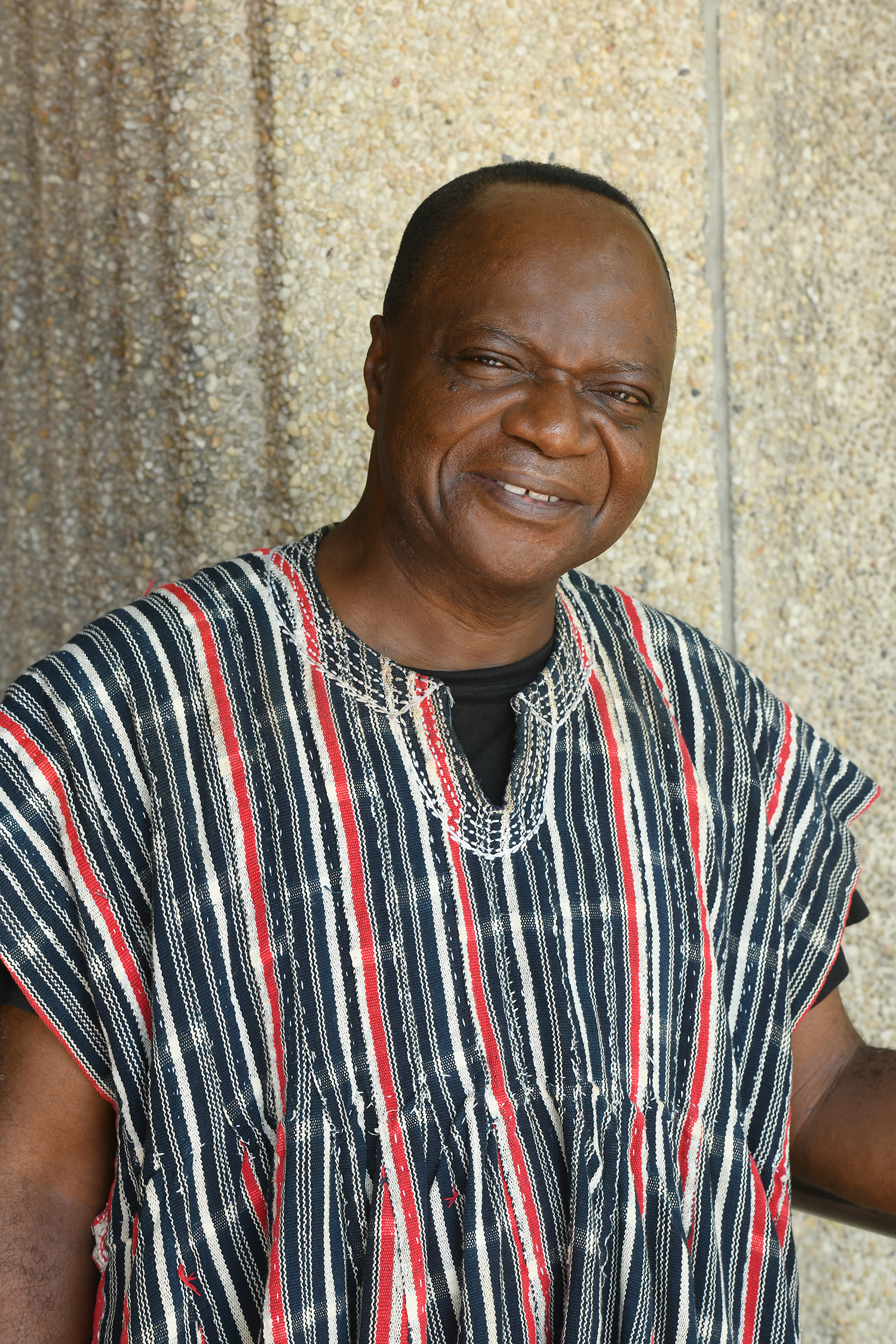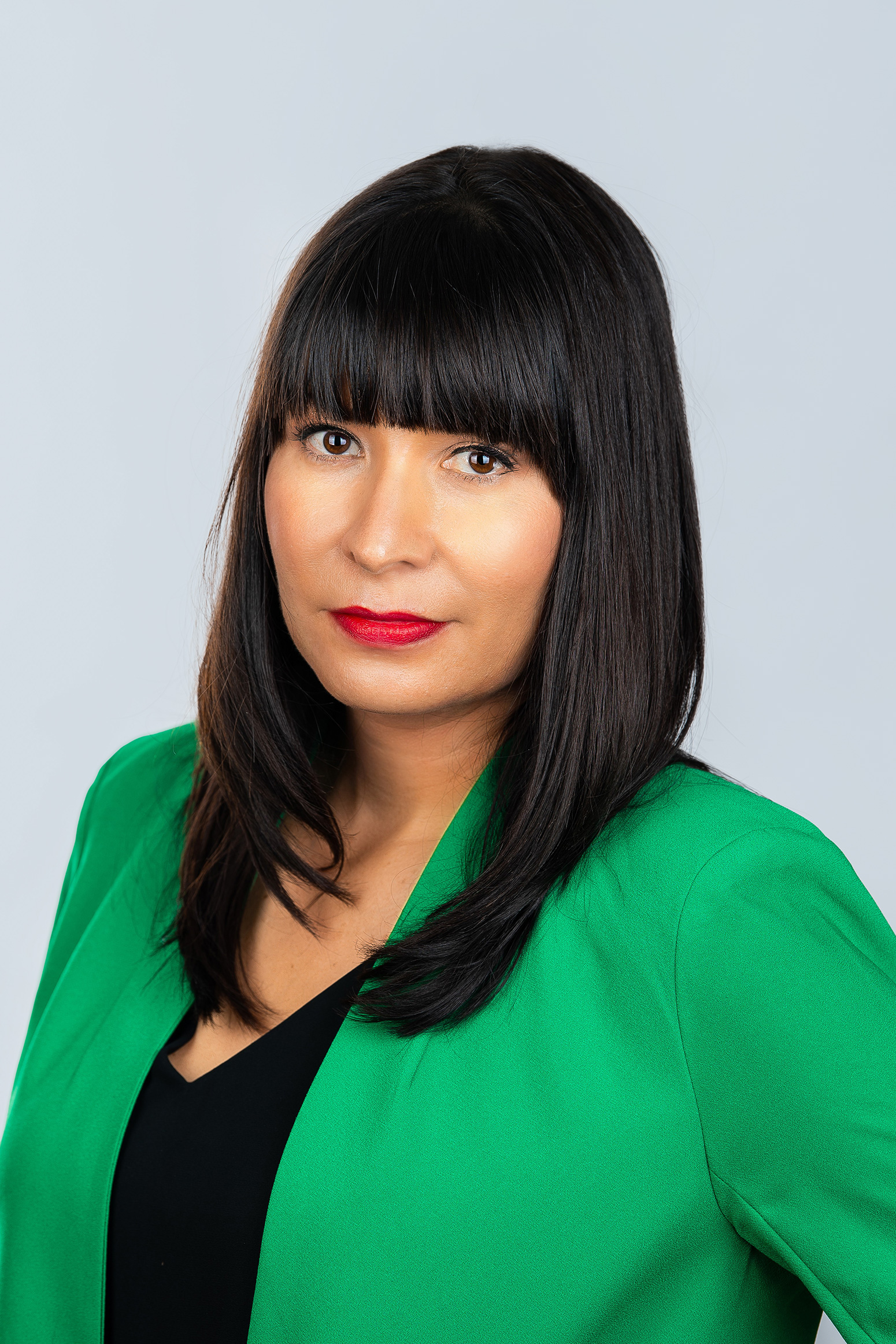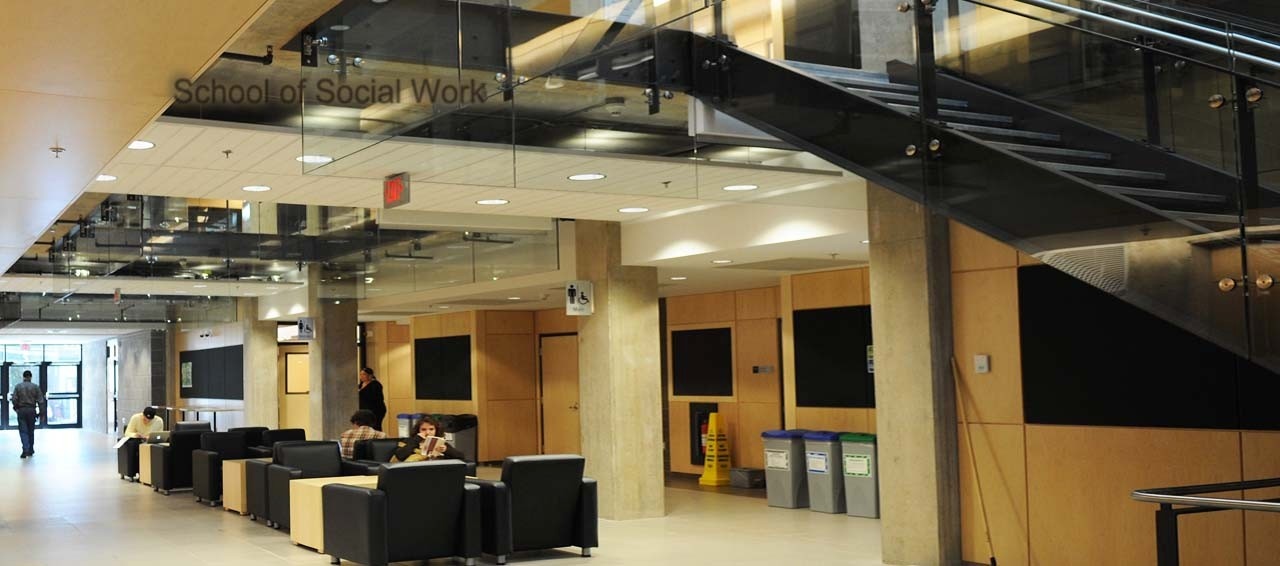Keynote Speakers
Keynote Speaker |
Professor George J. Sefa Dei |
 |
TOPIC: THE DE/ANTI-COLONIAL TURN TO CONVERSATIONS ON SYSTEMIC INTENTIONAL ERASURES
This keynote address will employ de/anti-colonial discursive lens to critical social justice work that names anti-Blackness, anti-Indigenous, anti-Asian and anti-Muslim racisms, anti-Semitism, White supremacy, and Fascism. The address will highlight the implications of such explicit naming for education aimed at human liberation, through a thinking of new futurities. The learning objective is also to help us to think through how and what it means to develop ‘radical, subversive and abolitionist pedagogies of Land.’ We embody rich histories born out of struggles, resistance, and liberation. We teach history not just for what we want to know, but more importantly, for what we should know. For Black, Indigenous and Racialized bodies, there are some key questions for us to think through: How do we register the confluence of race, colour, culture, spirituality, and history to implicate, invoke and advocate for a global radical politics? How do we advance critical scholarship to upend our mental or intellectual enslavement? The address will attempt to respond to these questions noting the power of educational resistance and political praxis as lodged in the ‘vocalizing of our politics’. It is enthused that this is a most enduring way to subvert the intentional erasures, omissions, negations, and absences of difference in our institutional settings.
SPEAKER BIO
Ghanaian-born George Sefa Dei is a renowned educator, researcher and writer who is considered by many as one of Canada’s foremost scholars on race, anti-racism studies, Black and minority education, African Indigeneity, and anti-colonial thought. He is a widely sought after academic, researcher and community worker whose professional and academic work has led to many Canadian and international speaking invitations in the United States, Europe, and Africa. Currently, he is Professor of Social Justice Education and Director of the Centre for Integrative Anti-Racism Studies at the Ontario Institute for Studies in Education of the University of Toronto (OISE/UT).
In August 2012, Professor Dei earned the honorary title of ‘Professor Extraordinarius’ from the Department of Inclusive Education, University of South Africa, [UNISA] and is the 2015, 2016, 2018-19 Carnegie African Diasporan Fellow. He received the ‘2016 Whitworth Award for Educational Research’ from the Canadian Education Association (CEA) awarded to the Canadian scholar whose research and scholarship have helped shape Canadian national educational policy and practice; was elected as Fellow of Royal Society of Canada in 2017; and became the 2019 Paulo Freire Democratic Project, Chapman University, US - ‘Social Justice Award’ winner. Professor Dei received the 2021 Lifetime Achievement Award from the Ontario Alliance of Black School Educators [ONABSE] for his long-standing work in promoting Black and minority youth education. In 2023, The Silvertrust Media named him one of the 100 most influential Black Canadians nationwide, he received the University of Toronto’s President’s Impact Award for the impact of his work on local communities, nationally and internationally; and was given an Honorary Research Associateship in The Centre of Excellence in Disabilities, University of South Africa, [UNISA]. Further in 2024, Professor Dei received an honorary doctorate from the University of South Africa (May 2024) and on June 8, 2024, he will be receiving an honorary doctorate in Social Work from Algoma University in Sault Ste Marie, Ontario.
Professor Dei has forty-seven (47) books, over eighty (80) refereed journal articles, and 78 chapters in books to his credit. He was installed as a traditional chief in Ghana, specifically, as the Gyaasehene of the town of Asokore, Koforidua in the New Juaben Traditional Area of Ghana in June 2007. His stool name is Nana Adusei Sefa Tweneboah.
Keynote Speaker |
Dr. Candace Brunette-Debassige |
 |
TOPIC: INDIGENOUS WOMEN’S TRANSFORMATIVE LEADERSHIP: WORKING TOWARD INDIGENOUS SELF-DETERMINATION IN CANADIAN UNIVERSITIES
Abstract:
The erasure of Indigenous Peoples and their knowledges in Westernized universities is an ongoing facet of settler colonialism in education. While the Truth and Reconciliation Commission in Canada (TRC, 2015) has been a powerful force in amplifying Indigenous Peoples ongoing call for Indigenous self-determination in education, the reconciliation movement has also accompanied a certain degree of performative rhetoric (Gaudry & Lorenz, 2018). Amidst increasing debate about the limits of putting reconciliation into action in universities, new senior administrative offices and leadership positions have been instituted in many Canadian institutions. These leadership roles are commonly occupied by Indigenous women who, despite their increasing numbers, often find themselves tokenized, marginalized and even silenced while working in settler colonial administrative contexts dominated by white settler structures and norms, masculinist notions of leadership, and instrumentalist approaches to institutional change. This keynote talk will explore some of the deeper and ongoing structural and ideological facets that limit Indigenous educational self-determination, with a particular focus on the lived experiences of Indigenous women administrators working to transform Canadian universities to address ongoing Indigenous erasures in education.
SPEAKER BIO
Candace Brunette-Debassige is a Mushkego Cree iskwew of Petabeck First Nation in Treaty 9 with Cree and French lineage. Born and raised in small town northern Ontario, Candace works as a professor of education at Western University. Candace has served in many leadership position at her current university including as Acting Vice Provost /Associate Vice President (Indigenous Initiative), Special Advisor to the Provost (Indigenous), and Director of Indigenous Services at Western. Candace is the author of Tricky Grounds, a 2023 book focusing on Indigenous women’s powerful leadership roles in advancing reconciliation and Indigenization movements in postsecondary settings. Tricky Grounds is based on her doctoral dissertation, which was awarded the 2021 George L. Geis dissertation of the year award by the Canadian Society for Studies in Higher Education. She is also the recipient of a 2019 Peace Award for Truth and Reconciliation from Atlôhsa Family Services, and an Emerging Scholar Award with the International Leadership Association.
